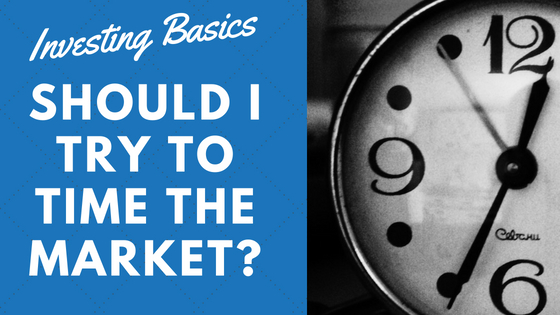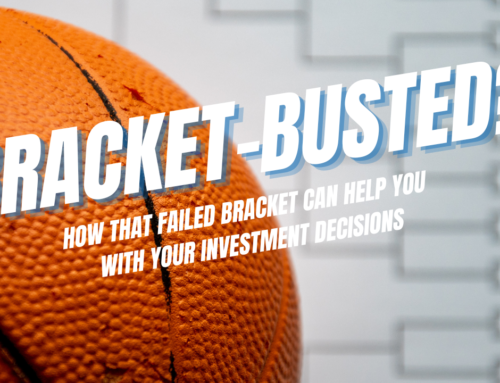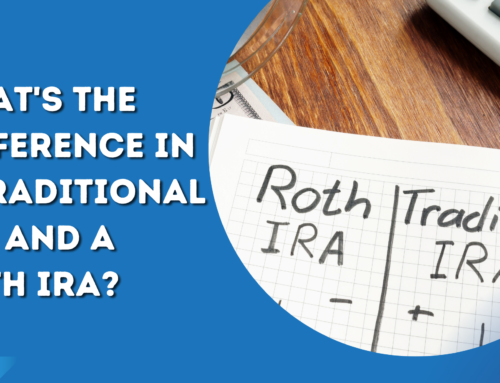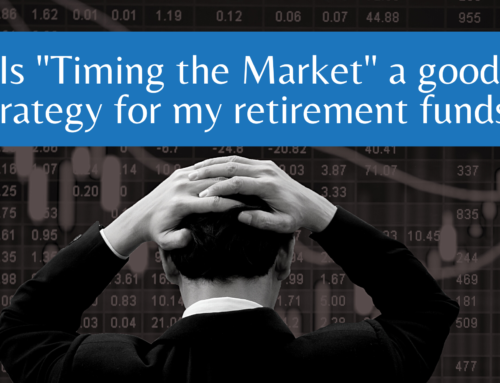You probably hear it all the time at work, at church or on the golf course. Your buddy is playing with a few stocks and has hit it big. They invested near the bottom and of course their investment skyrocketed and they got out and and cashed in.
This might be the same guy/gal that always wins every time they go to Vegas. Are they just the luckiest person on earth? Maybe…or just maybe you’re hearing only of the big wins and the losses are being swept under the rug?
Either way, you’ve probably wondered how you might get a piece of the action. Let’s look market timing and how it might affect your investment picture.
What is “timing the market?”
Timing the market is defined by Investopedia.com as “the act of moving in and out of the market or switching between asset classes based on using predictive methods such as technical indicators or economic data.”
So basically, you’re taking an educated (hopefully) guess as to where the market is going to do. This is usually based on short term movements. Maybe you think stock XYZ will do well this quarter, so you are going to move some money there and sell later in the year when stock ABC will do well.
Is is possible?
Yes it’s possible. You could easily be the world’s best market-timer….until you aren’t. There are tons of brilliant minds on Wall Street-with multiple letters and credentials after their names-that get it wrong every day.

This guy.
You might even see some of these people on the CNBCs and CNNs out there. They throw out a bold prediction about what the market is going to do and millions of people take their advice and buy or sell. But what happens if they are wrong? Do they get held accountable? What percentage of their personal net worth are they banking on their prediction?
Timing the market is possible, but not very likely to continue for any long period of time. Just like that hot streak you got on at the Craps table.
Should I worry about how the market is doing before I invest?
I recently read an article that explained the market timing concept very well. It told the story of a hypothetical investor that invested at the worst possible time, the top of the market right before it dropped.
And I don’t mean little hiccups. We’re talking the major market crashes (don’t like that word, but I’ll use it anyway for effect) of the last 50 years.
Was he broke and forced to work up until his death? No, our hypothetical investor wasn’t broke and if he worked it was by his own choosing. What saved Mr. Investor was developing a plan and sticking to it. He invested regularly and didn’t sell when things got worse and he saw his investment dropping like a rock.
He stayed invested and through the power of compounding interest, accumulated a nice retirement nest egg-even though he was just about the unluckiest investor around. I wonder what he talked about on the golf course?
Develop an investment strategy that fits your goals no matter what short term movements are happening when you’re ready to invest.
Related: Other investment mistakes you might be making with your Lockheed Martin 401k
If you have questions about getting your retirement strategy in place, feel free to email me at Brian@TheAeroAdvisor.com or fill out the quick and easy for below.





